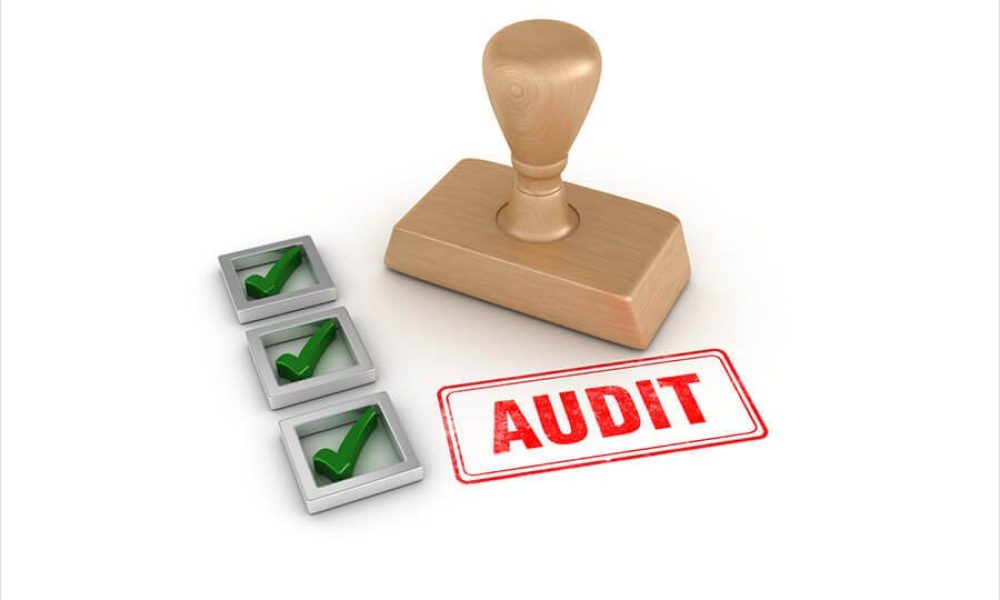“Audit” is a cringeworthy word. And although insurance audits are often viewed as an inconvenience, they are an important process for both insurance companies and customers.
The most common policies that are subject to audits are workers compensation, general liability and other types of liability insurance policies. Audits review the “estimated” exposure given at the inception date of the policy as compared to the actual exposures the customer incurred during that term. Audits are done after the conclusion of the policy term. Auditors collect information regarding the prior policy term and review the actual payroll or gross sales of the policyholder during that time. If it turns out your company had more risk than was projected, you could owe more in premium. On the other hand, if you had a better risk profile than expected, you might get a break on insurance costs — maybe even a refund.
Customers are not the only group subject to an insurance audit. Insurance companies are audited annually to ensure they are accurately classifying and Reporting risk. That is why insurers take audits very seriously. Be sure you are ready with full and accurate information on your company and ask our insurance professionals for tips on how to best prepare for your audits. A smooth audit is the best audit.



